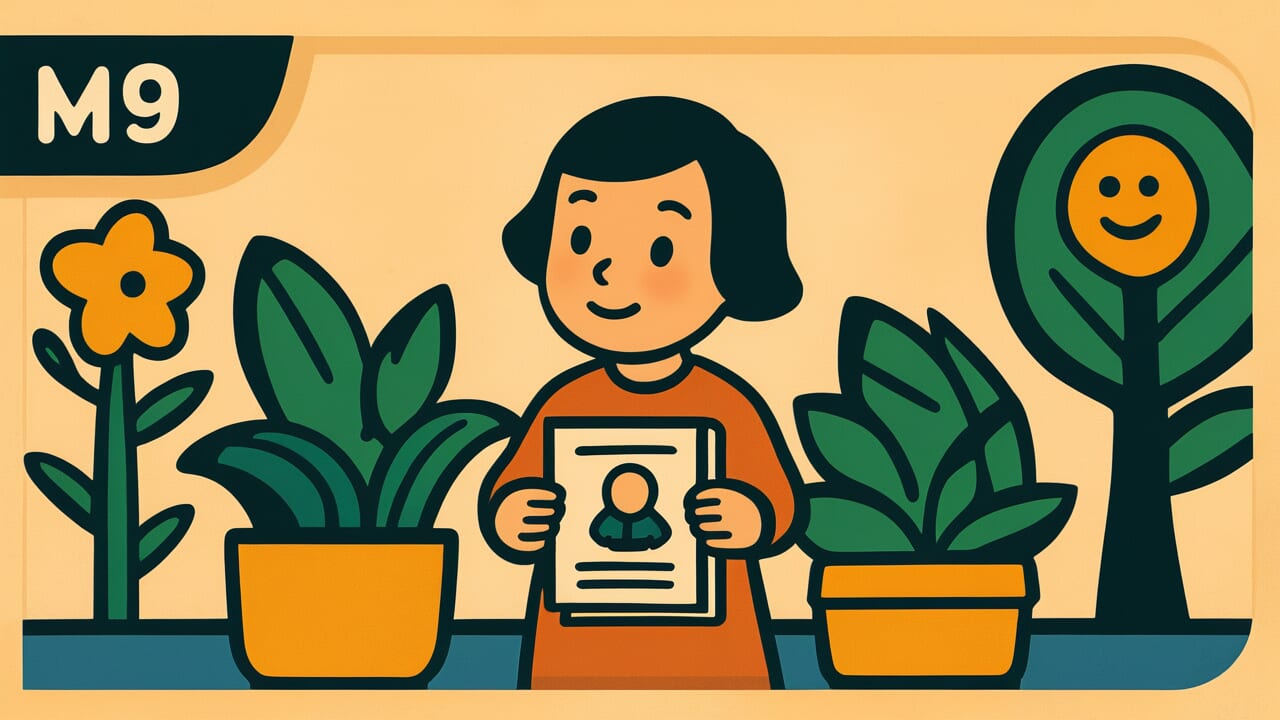How to Read “Children grow even without parents”
Oya wa nakutomo ko wa sodatsu
Meaning of “Children grow even without parents”
This proverb means that children naturally grow and develop even without their parents. While parents are certainly important, children have an innate life force that allows them to grow on their own.
People use this saying mainly to comfort or encourage children who have lost their parents. It’s also used to reassure parents who worry too much about raising their children, reminding them to trust in their children’s natural strength.
Sometimes people use these words when parents must be separated from their children for some reason. It helps them trust in their children’s vitality and feel more at ease.
Today, we understand this phrase in the context of children’s independence and resilience. Parental love and education matter greatly, but they aren’t everything.
The proverb teaches us to trust children’s power to grow, adapt to their environment, and overcome difficulties.
Origin and Etymology
The exact origin of this proverb is unclear. However, people likely used it among common folk as early as the Edo period.
In those days, parents often died young. It wasn’t unusual for orphaned children to be taken in by relatives, neighbors, or temples and shrines.
This proverb probably emerged from observations made in those harsh social conditions. People witnessed children who had lost their parents growing up strong with help from others or through their own strength.
They noticed the powerful life force that children possess.
Buddhist philosophy may have influenced this saying. Buddhism teaches that people are born through their own karma and live by their own power.
While parents are certainly precious, children inherently possess the power to grow themselves. The proverb may express a deep trust in life itself.
The structure of the phrase is interesting. The expression “even without parents” takes the form of a counterargument to common sense.
It challenges the conventional wisdom that children cannot grow without parents. The proverb conveys the experiential truth that this isn’t actually the case.
Usage Examples
- He lost his father early, but as the saying “Children grow even without parents” suggests, he became a fine young man
- They say “Children grow even without parents,” so worrying too much might not help your child
Universal Wisdom
The proverb “Children grow even without parents” has been passed down through generations because of a deep insight into the fundamental power of human life.
No matter how weak we may appear, we are born with an instinct to live and an ability to adapt.
This proverb doesn’t deny the importance of parental love or education. Rather, by acknowledging that children grow even without these things, it paradoxically highlights the mystery and strength of life itself.
Even when children lose their parents, the most important people in their lives, they find ways to grow through relationships with others or through their own inner strength.
This saying has endured because our ancestors deeply understood that human society is always imperfect. Ideal environments are never guaranteed.
There are no perfect parents and no perfect circumstances. Yet people have grown and survived nonetheless.
This proverb expresses trust in human resilience, adaptability, and above all, the will to live. At the same time, it carries a message of hope.
No matter how difficult the circumstances, people can always find a way forward.
Our ancestors left us this truth in words because they witnessed countless children overcome adversity and grow strong.
When AI Hears This
Looking at a child’s growth system from a complex systems perspective reveals a remarkable design principle. Even when parents, a single critical node, disappear, the entire system doesn’t collapse.
This happens because information and stimulation needed for growth actually flow through many pathways.
For example, neighborhood adults, teachers, friends’ parents, books and TV, and words from people met by chance. These seem scattered, but they form a distributed network that influences children in complex, interconnected ways.
The strength of this structure lies in redundancy. Multiple elements overlap in performing the same functions.
Giving love, teaching social rules, passing on life wisdom—these are originally parental roles. But grandparents, teachers, or community members can actually substitute for them.
It’s like a computer backup system. When one fails, others compensate.
Even more interesting is the emergent phenomenon. From countless small interactions with diverse people, new qualities emerge within the child that no one planned.
Values, thought patterns, and problem-solving abilities form naturally, far beyond what any single parent could intentionally teach.
This is a quality that springs from the whole system, unexplainable by simply gathering parts.
Lessons for Today
This proverb teaches us the importance of believing in the inherent power that humans possess. In modern society, parental responsibility in child-rearing is overly emphasized.
Many people suffer under pressure to be perfect parents. But this proverb reminds us that children have the power to grow on their own.
If you’re a parent, you don’t need to drive yourself toward perfection. Trusting and watching over your children is also an important role.
Even if circumstances prevent you from spending enough time with your children, trust in their adaptability and power to grow.
If you feel you grew up in less than ideal circumstances, this proverb offers a message of hope. Even if your past environment wasn’t perfect, you have the power to forge your own path.
Growing up in imperfect conditions doesn’t limit your potential.
For society as a whole, this proverb offers the perspective that child-rearing isn’t solely parents’ responsibility.
By creating systems where communities and society support children, we can maximize the growth potential that all children possess.



Comments